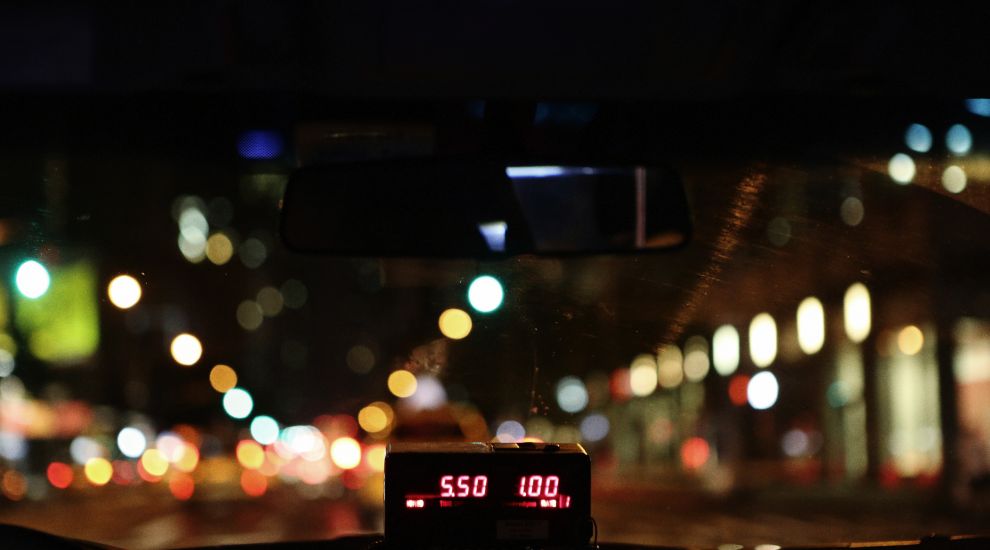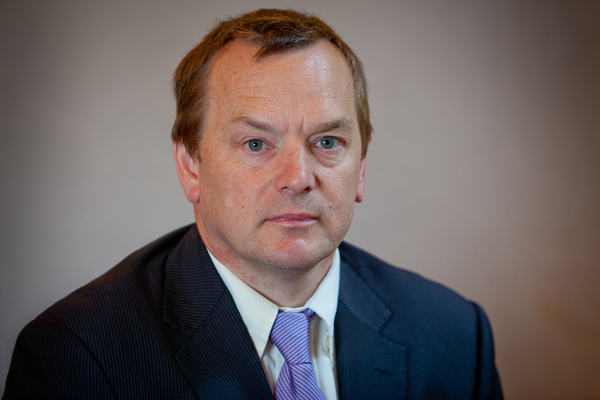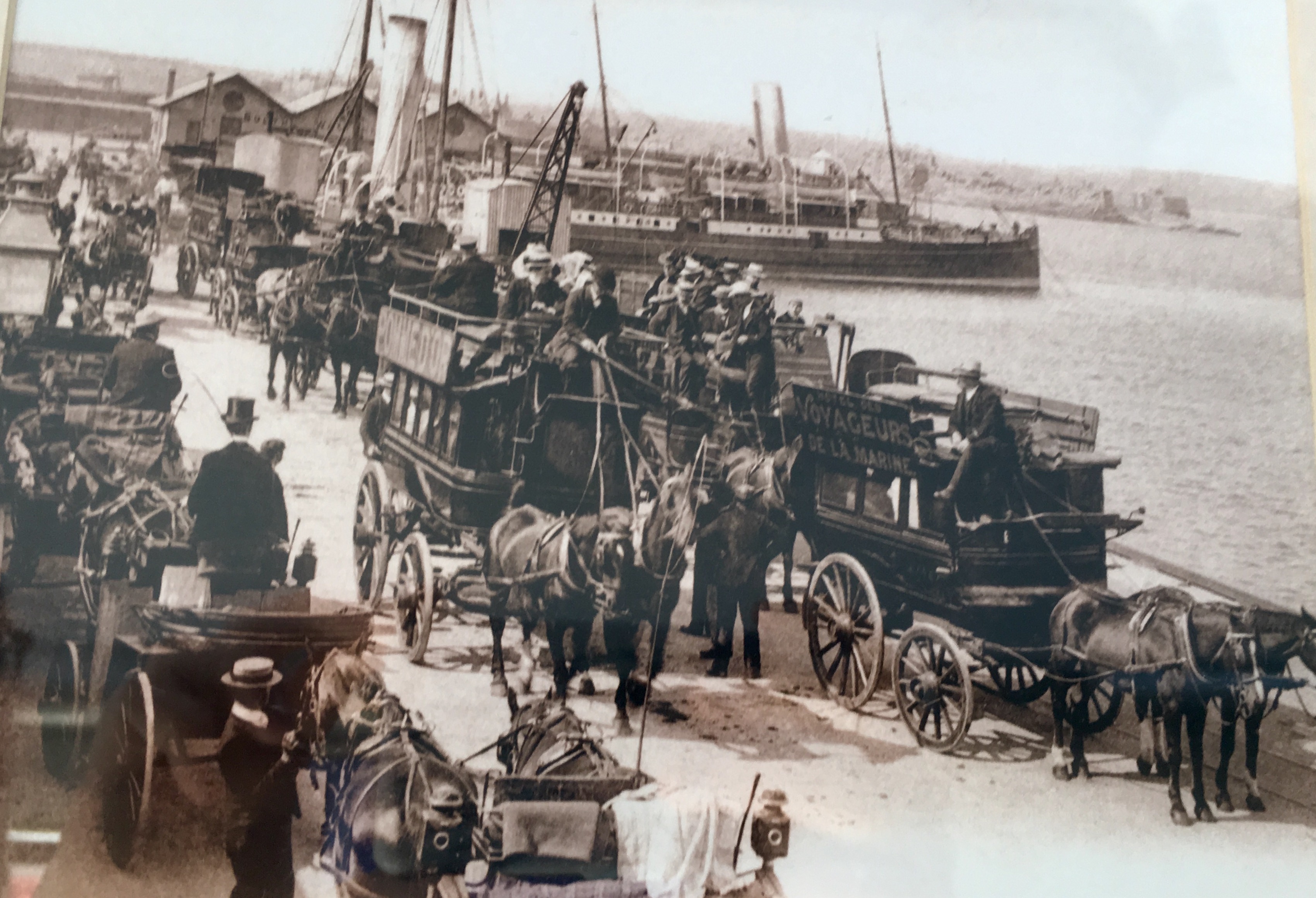

If you’ve ever taken a taxi for the same journey twice and been shocked by two drastically different fares, that could all be set to change.
For decades, Jersey has been under a two-tier taxi system, whereby public rank taxis, which are allowed to wait for customers in designated areas like the Weighbridge and Snow Hill, are regulated by the States, and private hire cabs can charge what they want.
It’s led to much criticism of ‘out of control’ fares and a lack of transparency from providers, with some blaming this on the rise of unregulated car sharing via Facebook page ‘Jersey Lifts’.
But that’s all set for an update under a new system which will come into force in July 2017.
Both hires will now come under a single-tier system, with just three types of tariff, down from up to eight:
Monday to Saturday, 7:00 – 23:00: £3.00 base fare, plus 21p for every additional 10th of a mile
All week, 23:00 – 7:00 / all day Sunday / Public holidays: £3.10, plus 31p for every additional 10th of a mile
Festive Period: After 19:00 on Christmas Eve, before 7:00 after Boxing Day, after 19:00 on New Year’s Eve and before 7:00 after New Year’s Day - £5.40 base fare, plus 34p for every 10th of a mile
Private hires will still be allowed to charge a booking fee, which may mean that their fares are still higher than public rank taxis, but these fees will have to be declared.

Pictured: Minister for Infrastructure Deputy Eddie Noel today announced a raft of measures to put a maximum cap on taxi fares in a bid to increase transparency and give islanders a better service.
Previously, additional baggage and passengers may have led to escalating ‘extras’ costs, but these have now been capped in a 20p flat fee per journey.
Passengers will also no longer be able to escape ‘soiling’ the car in any way without compensation to the driver, which had previously seen drivers lose business for the rest of the evening for clean-up, with a £100 penalty set to be introduced.
Overall, the change to the system will involve a small rise of 4.6% in fares, but the Minister for Infrastructure, Deputy Eddie Noel, said that this was “fair”, and had taken into account that prices hadn’t changed since 2014 and would now be in line with the latest Retail Price Index.
Video: Transport Director Tristen Dodd explains how the taxi industry has changed due to disruptive technologies, and how Jersey is responding.
“In formulating this new fare structure and price increase, I have tried to bring about improvement for customers, while being fair and reasonable to the industry. There needed to be more clarity. Customers should know what the charges are and how they are calculated. That is basic customer service. I would also like to stress that we are setting the maximum charge, taxis or cab companies are free to charge less," he commented.
Although the improvements weren’t a direct response to the rise of Jersey Lifts, which has been blasted by the public and States members for its lack of safety, Deputy Noel told Express that the more uniform fares system could incentivise more people to turn towards traditional taxis.
“Jersey Lifts hasn’t affected what we’re doing. It’s affected the industry, but the industry is free to compete against it. As the Minister and the Department, we set the maximum fares they can charge. They can charge less... But people will now have consistency in what they’re likely to be charged. At least at night-time, if you’re on the Esplanade and you hail a cab, if it’s a private hire cab firm, you’ll know what they’re supposed to charge you… When there’s eight different tariffs, how do you know if they’re pressing the right button?”

Pictured: The taxi industry has a long history in Jersey. In the 19th Century, islanders used to hail public 'cabs' at Victoria Quay, as this Department for Infrastructure photo shows.
Tristen Dodd, Director of Transport, argued that the changes were in-keeping with the whole global industry's shifts, and that the new fares could easily work alongside the planned mobile apps of the Jersey Taxi Drivers Association, which is being independently developed.
Moving forward, they'll also be looking at introducing Jersey taxi 'branding' to make Jersey cabs easier to identify for passengers, as well as ensuring that there is equality for disabled passengers.
The measures aren't set to please all, however, with the Department already having hinted at disagreement from some local taxi drivers, who sought maximum prices at up to 7% more.
Comments
Comments on this story express the views of the commentator only, not Bailiwick Publishing. We are unable to guarantee the accuracy of any of those comments.